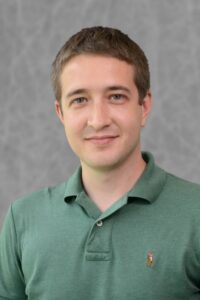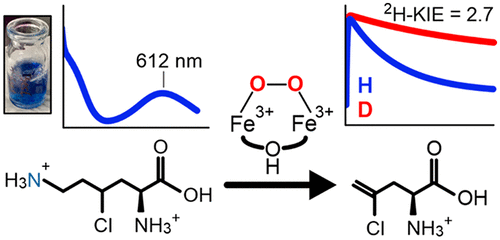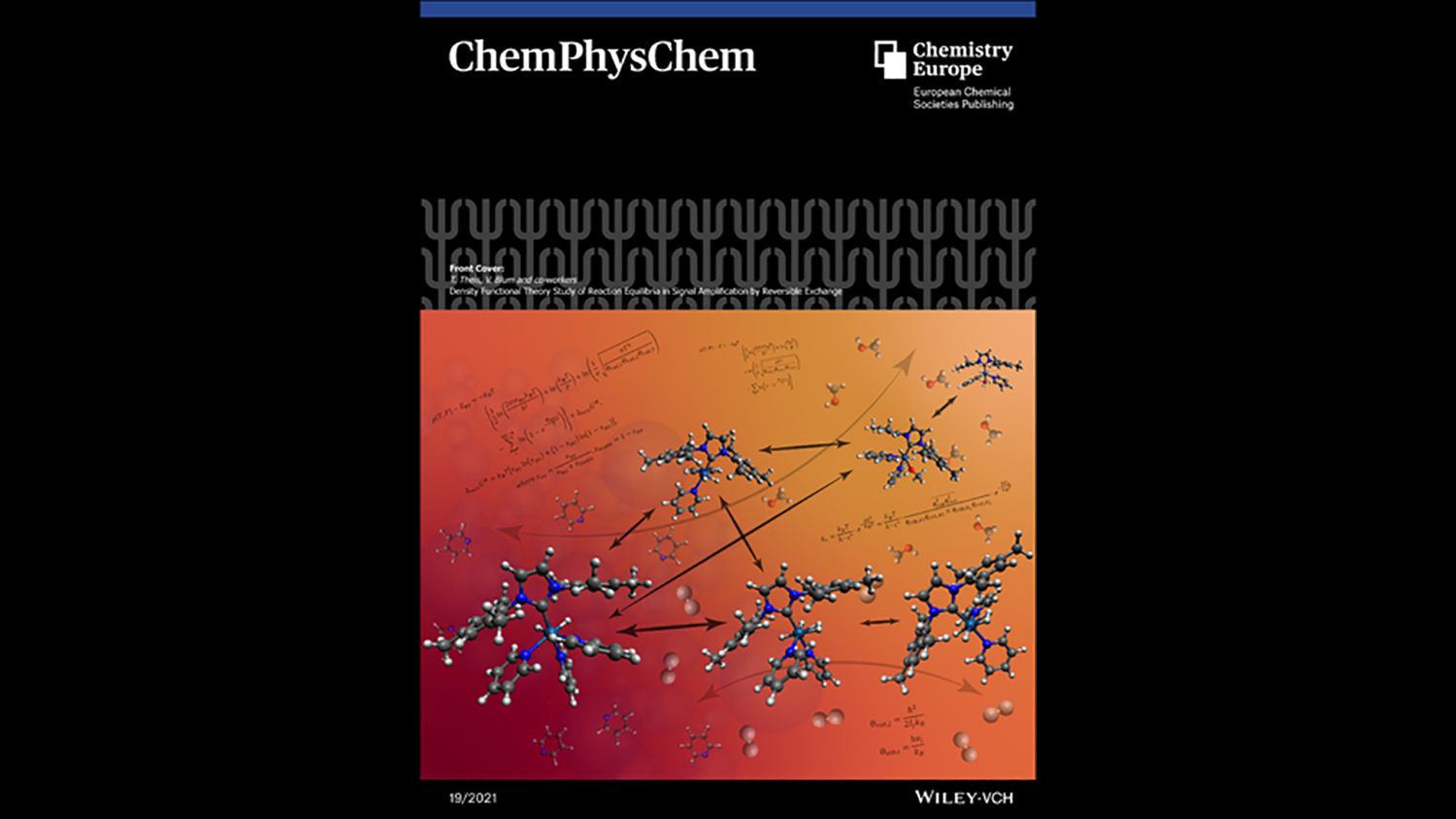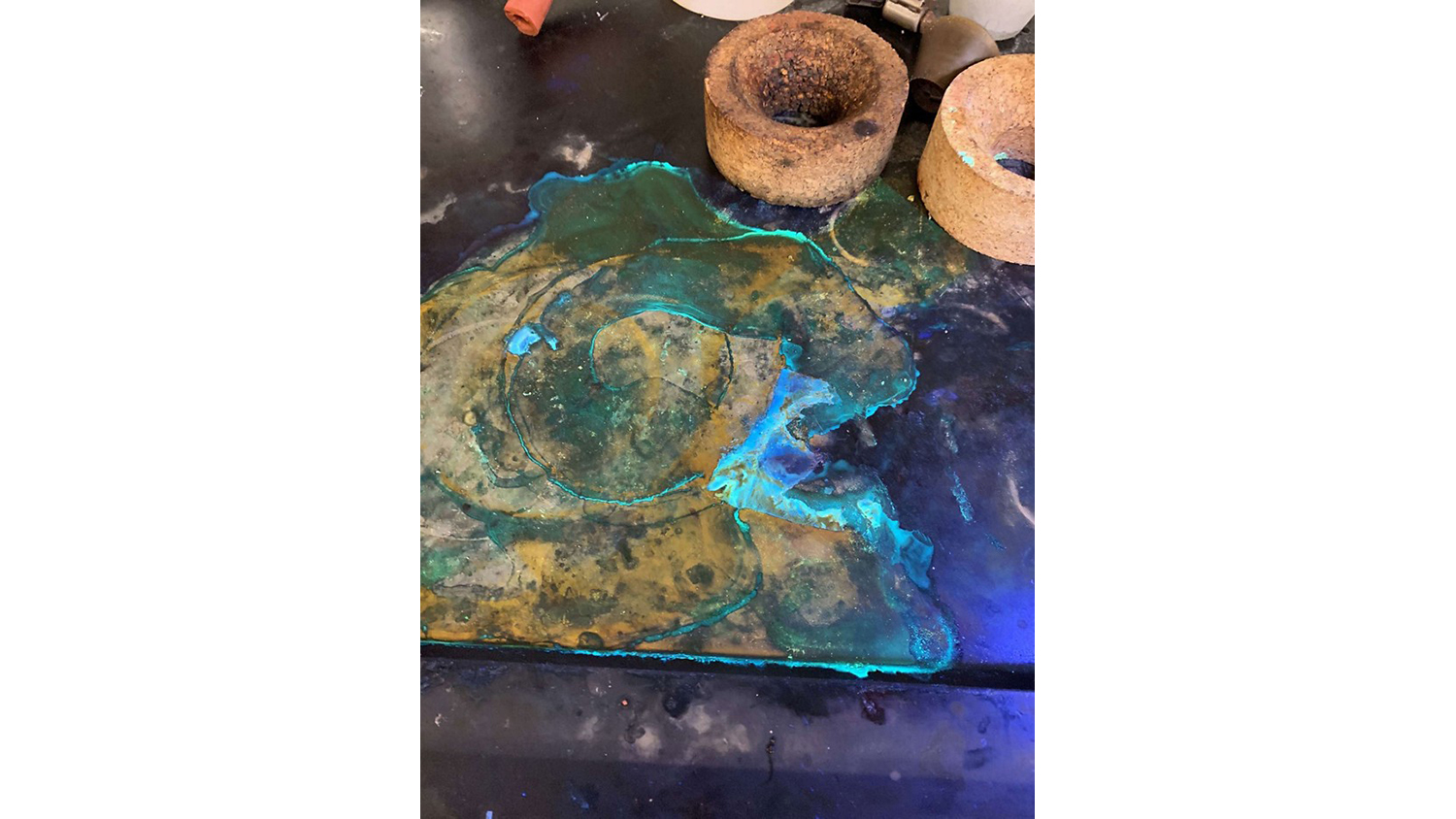Chemist Lindsay Awarded $1.8 Million for Chemical Research
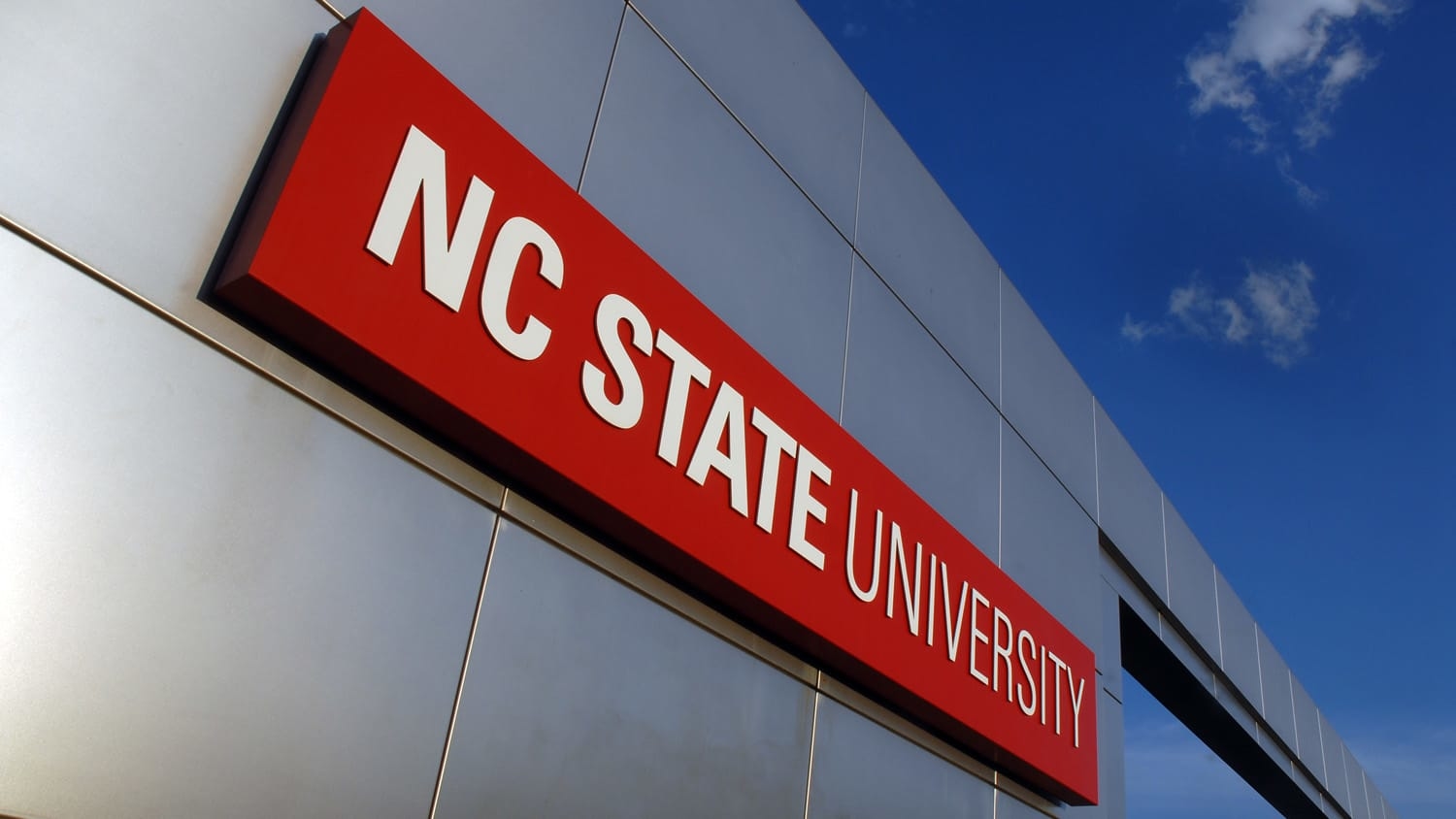
NC State chemist Vincent Lindsay has received a five-year, $1.8 million grant from the National Institutes of Health (NIH) to investigate the chemistry of cyclopropanones, a class of highly reactive strained chemicals that can be employed as starting materials for a range of biologically active compounds.
The grant was made as part of the Maximizing Investigators’ Research Award program of the NIH’s National Institute of General Medical Sciences. The program aims to provide researchers with greater stability and flexibility in an effort to enhance scientific productivity and the chances for important breakthroughs.
Lindsay’s project focuses on the use of 1-sulfonylcyclopropanols, a new type of stable surrogates of cyclopropanones used in the development of a wide variety of novel chemical reactions leading to complex molecular scaffolds difficult to access otherwise. Lindsay’s research group has recently developed the first enantioselective route to these compounds, thus allowing the use of chiral derivatives as well in those transformations, which is crucial in the elaboration of compound libraries, structure-activity relationship studies and other strategies relevant to medicinal chemistry research.
In the long term, this work will also shed light on the role of cyclopropanones as versatile high-energy intermediates applicable to biological techniques occurring at high dilution such as bio-imaging via “click chemistry.”
“My research group and I are excited for the opportunity this grant gives us to explore the chemistry of these fascinating high-energy intermediates,” Lindsay said. “It will allow us to pivot our focus as necessary during the exploration of this new subfield of synthetic chemistry research, opening up the opportunity for the discovery of unexpected chemical reactions as well.”
Lindsay will lead a team of investigators on the project composed of graduate students, postdocs and undergraduate researchers from the Department of Chemistry.
This post was originally published in College of Sciences News.
